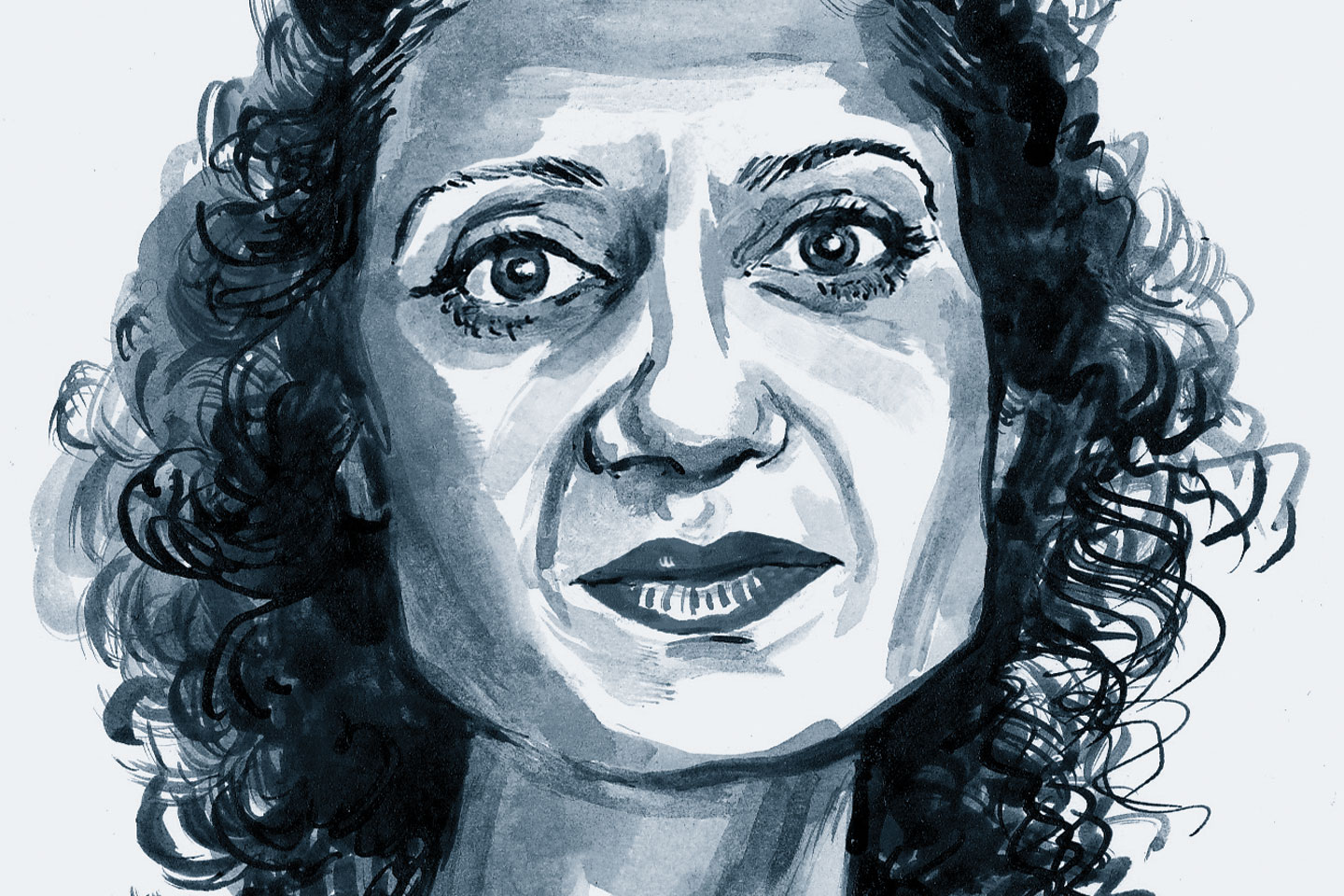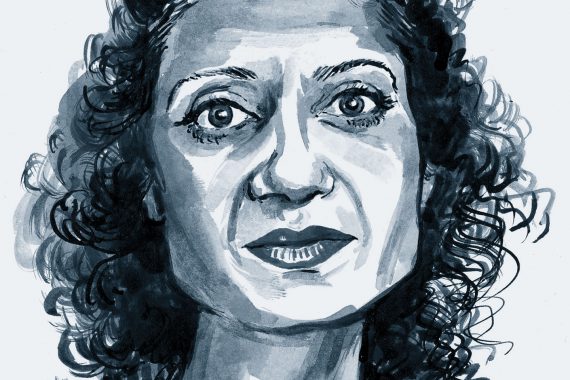
One of the mantras adopted by educators within our GP training programme is being ‘good enough’. It is a challenging concept to convey because good enough isn’t in the DNA of someone who has achieved A* grades, breezed through medical school and is training in one of the most competitive parts of the country.
Yet even for the academically gifted, arriving at the doorstep of general practice is like being parachuted into a foreign country where no one speaks your language and there are no interpreters. Trainees try to counter this amorphous uncertainty by staying later and later, poring over results, writing copious notes and documenting safety netting.
And who can blame them? There are myriad ways for people to complain about us: anonymous posts on NHS Choices, vindictive comments on Facebook and the more career-changing GMC and medicolegal routes. So acceptance of complaints and adverse events is a crucial part of learning – the alternative is lifelong anxiety.
Of course, in core general practice we don’t clock off when our shift ends. We can only leave when the work is done, no matter how exhausted we are. Having a triage screen of 20 patients to call back, and six more in the waiting room is no defence in the eyes of the law. No allowances are made for the day a GP is off sick when another two are on leave, and you are left managing an outbreak of measles. The impossibility of our day is never a factor when we perform less than perfectly; the tunnel vision with which each patient contact is viewed ignores all peripheral activity.
Despite the flaws of the creaking NHS around us, the pursuit of perfection is still our goal
It is this relentless expectation that is leading GPs and trainees to burn out and causing mental health issues, although support is finally filtering through in the form of the GP Health Service. The pressure also obviously extends to our nursing and paramedic colleagues in general practice.
A good friend of mine recently told me of the suicide of her colleague – a nurse with an impeccable career. She’d been badly affected by the death of a young patient she’d seen a day earlier. The nurse left behind three small children. I was struck by the similarities between this tragedy and recent experiences of my own, and experienced acute survivor’s guilt. Rationally, I knew that although lessons can be learned, some deaths are unavoidable. Yet emotionally, I felt the all-consuming responsibility many healthcare professionals endure when faced with an adverse event.
Sadly, case law has not helped. Bolam’s test, which was established in 1957 and holds that a health professional is not negligent if acting in line with accepted practice, has been undermined by the 2015 Montgomery case, meaning the action another reasonable doctor would have taken in your place is immaterial. But other countries, such as New Zealand, have taken steps to protect doctors by adopting a no-fault compensation scheme.
So, despite the flaws of the creaking NHS around us, the pursuit of perfection is still our goal. If the GMC was serious about reducing clinician suicide, it would be advocating a no-blame culture for us to work in.
Dr Shaba Nabi is a GP trainer in Bristol
Pulse July survey
Take our July 2025 survey to potentially win £1.000 worth of tokens












